Crushers play an important role in garbage treatment, especially in urban solid waste management and resource recycling. The application of crushers in garbage treatment not only helps to solve the problems in urban solid waste management, but also effectively promotes resource recycling, reduces environmental pollution, and promotes green development of the social economy.
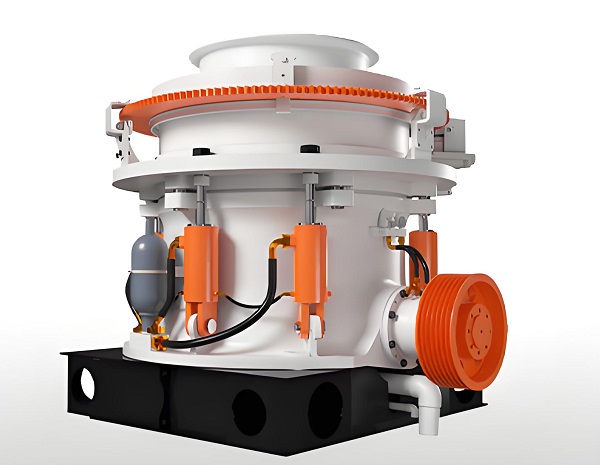
A. What is the role of a crusher in garbage sorting?
The crusher plays a crucial role in garbage sorting. The following is a specific explanation of its function:
1. Working principle and type of crusher
Working principle: The working principle of the crusher is mainly to crush and crush materials through mechanical force. It usually consists of a feed inlet, a crushing chamber, a crusher, and a discharge outlet. After being sent into the crusher, the material is crushed into smaller particles or blocks through the shearing, squeezing, impact and other actions of the crusher.
Type: According to different structures and purposes, crushers can be divided into multiple types. In garbage classification and treatment, common types of garbage crushers include single axis, double axis, and four axis. Single axis crusher is suitable for crushing relatively loose materials, such as household waste; Double axis and four axis crushers are suitable for crushing harder materials such as construction waste and industrial waste. In addition, there are crushers specifically designed for processing specific types of waste, such as electronic waste crushers and medical waste crushers.
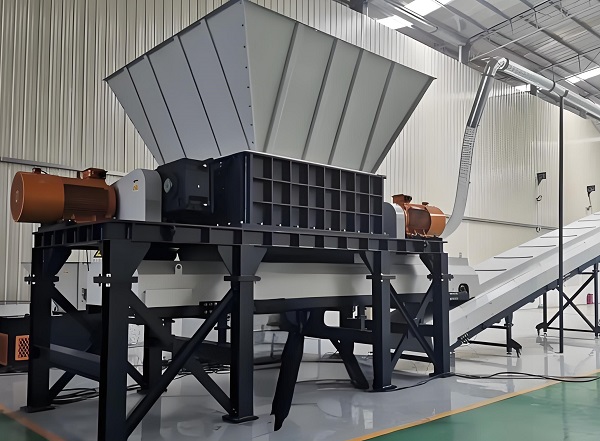
2. The specific role of crushers in garbage sorting
Reduce garbage volume: The crusher can crush large volumes of garbage into smaller sizes, making it easier for subsequent screening, classification, and resource recycling. This can not only improve the efficiency of garbage disposal, but also reduce the cost of garbage transportation and storage.
Improve classification accuracy: The garbage processed by the crusher has a more uniform composition, which is beneficial for subsequent classification processes such as magnetic separation and air separation. Recyclable substances such as metals, plastics, and paper are more easily separated from the crushed garbage, thereby improving the reuse rate of resources.
Promoting resource recycling: Another important role of crushers in garbage sorting is to promote the recycling of resources. Through the processing of crushers, construction waste, industrial waste, etc. can be converted into raw materials for recycled building materials, achieving effective utilization of resources. At the same time, broken household waste can also be used for composting, incineration, or landfill treatment processes to reduce environmental pollution.
3. Practical application cases of crushers in garbage sorting
In the treatment of urban household waste, crushers are usually used in conjunction with other classification equipment, such as magnetic separators, air separators, etc. Through the pretreatment of the crusher, mixed household waste can be quickly crushed for subsequent resource recycling, composting, incineration, or landfill. For example, in some advanced waste treatment plants, crushers are widely used in the processing of construction waste and industrial waste. After being processed by a crusher, these wastes can be converted into raw materials for recycled building materials, such as recycled concrete, recycled bricks, etc. This not only reduces resource waste and environmental pollution, but also promotes the development of circular economy.
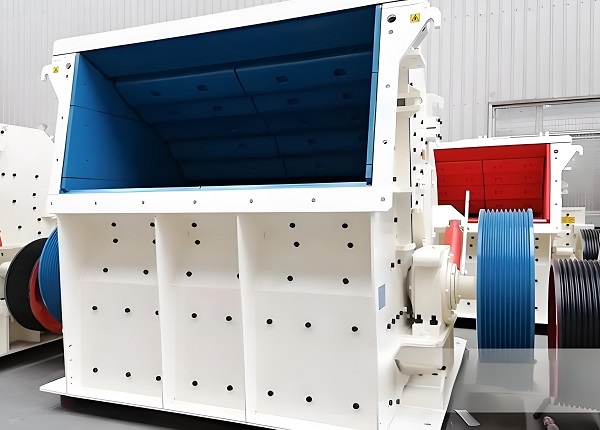
In summary, crushers play a crucial role in garbage sorting. Through the processing of crushers, garbage can be effectively converted into reusable resources, reducing environmental pollution and resource waste.
B. What are the advantages of crushers in garbage classification and treatment?
The crusher has multiple advantages in garbage classification and treatment, which make it an indispensable equipment in the garbage treatment process. The following is a specific explanation of the advantages of crushers in garbage classification and treatment:
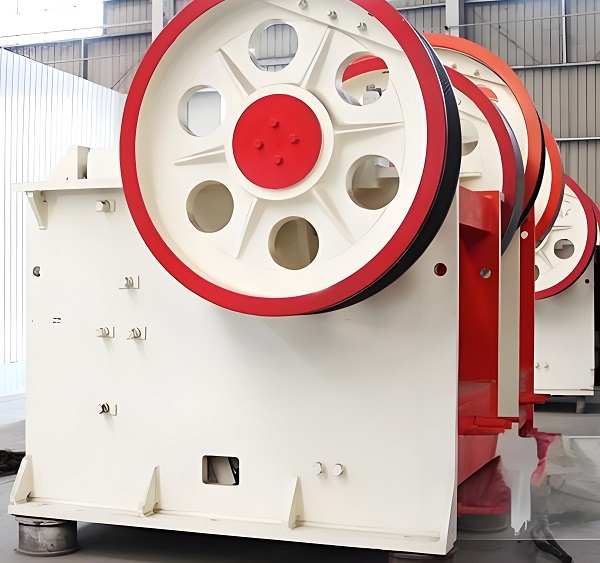
1. Improve processing efficiency
a. Fast crushing: The crusher can quickly crush large pieces of garbage into small pieces, thereby accelerating the processing speed of garbage. This is crucial for improving the efficiency of the entire garbage disposal process.
b. Reduce transportation costs: The volume of crushed garbage is reduced, making it easier to transport and store, reducing transportation costs and storage space requirements.
2. Promote resource recycling
a. Improve classification accuracy: The crusher can crush different components in the garbage more evenly, making subsequent classification processes such as magnetic separation and air separation more accurate. This helps to improve the efficiency and purity of resource recycling.
b. Expanding the scope of recycling: Some previously difficult to recycle waste, such as tangled plastics, metals, etc., can be more easily separated and recycled after being processed by crushers.
3. Reduce environmental pollution
a. Reduce landfill volume: The volume of crushed garbage is reduced, which reduces the footprint of the landfill site and reduces the occupation of land resources.
b. Reduce incineration pollution: In incineration treatment, the crushed garbage is burned more thoroughly, reducing the emission of harmful gases and lowering environmental pollution.
4. Improve economic efficiency
a. Reduce equipment investment: Although the initial investment in crushers is relatively large, in the long run, by improving processing efficiency and resource recovery rate, the overall equipment investment cost can be reduced.
b. Increasing revenue: The purity and value of recyclable substances in the broken garbage are increased, which can bring more revenue to the garbage treatment enterprise.
5. Strong adaptability
a. Multiple types of waste: The crusher can handle various types of waste, including household waste, construction waste, industrial waste, etc., and has strong adaptability.
b. Flexible configuration: Different types of crushers can be flexibly configured according to the specific needs of the waste treatment plant to meet different processing requirements.
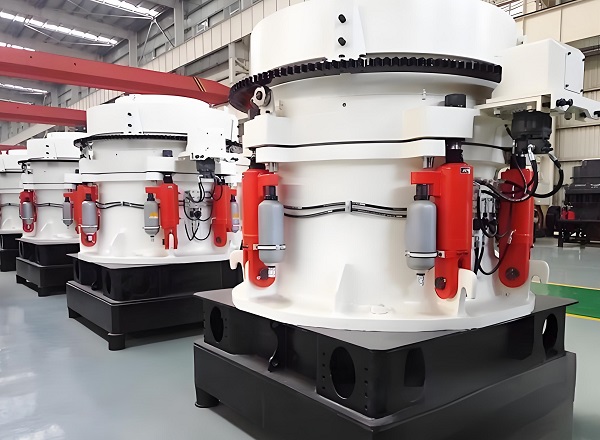
In summary, crushers have multiple advantages in garbage classification and treatment, such as improving processing efficiency, promoting resource recovery, reducing environmental pollution, improving economic benefits, and strong adaptability. These advantages have led to the widespread application and promotion of crushers in the field of waste treatment.
With the continuous advancement of technology and the expansion of the market, crushers will play a more important role in the future, making greater contributions to environmental protection and resource recycling. With the advancement of technology, modern crushers not only focus on improving crushing efficiency and effectiveness, but also increasingly pay attention to environmental protection and energy conservation to reduce their impact on the environment.
Save Time! Get A Detailed Quotation Quickly.
